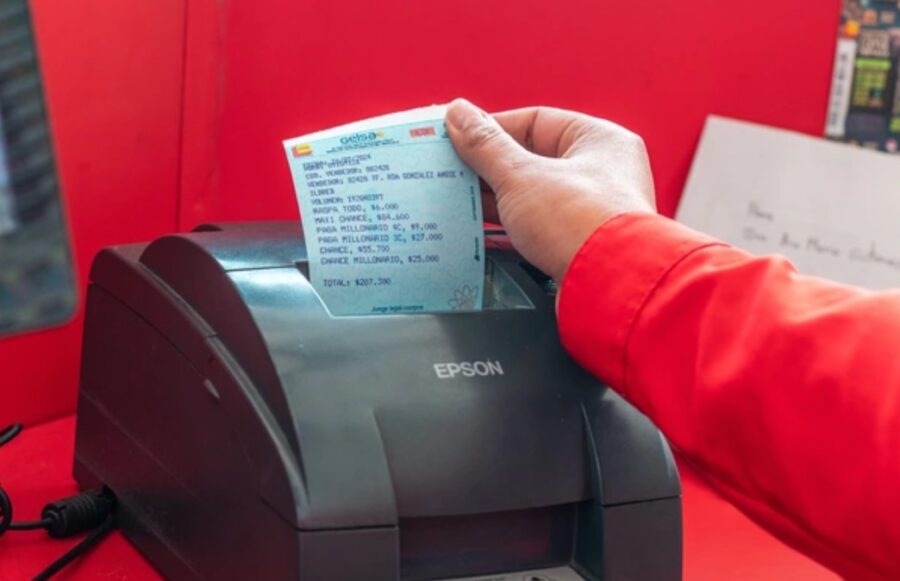
In total, according to Coljuegos, the territorial games of chance, lottery, and Raspa&Listo have paid out approximately COP1.05 trillion (USD229m) in prizes.
Colombia.- As revealed by Coljuegos, between January and September, the 27 authorized chance concessionaires in the country have awarded a total of COP716.560m (USD164m) in prizes to bettors.
The Technical Secretary of the National Council of Games of Chance and Luck, Roberto Conde, explained that the high value of the prizes paid is due to institutional efforts to strengthen the sector through measures that encourage an increase in the frequency of draws and legality in gaming.
“From the Council, we have made progress in regulation and surveillance to ensure both an increase in sales and the prizes paid to bettors. For this reason, we are about to issue new measures that will continue to energize the industry,” said Conde.
Among the actions that are underway are the fifth digit of the chance, the authorization of random number generators, streaming of draws, among others.
See also: How the Artificial Intelligence Center of Coljuegos works, designed to combat illegality
Regarding the lotteries, Conde indicated that the 15 authorized draws paid COP110.894m (USD25.4m) in prizes to bettors. Additionally, the game called Raspa&Listo paid COP49.028m (USD11.2m) to players.
It is important to highlight that, in total, the territorial games have transferred COP445.767m (USD102m) to the municipal and departmental health funds. Of these resources, COP234.356m (USD53.6m) comes from chance, COP182.928m (USD41.8m) from lotteries, and COP28.483m (USD6.5m) from Raspa&Listo.
During the “Eighth national meeting of compliance officers”, the president of Coljuegos, Marco Emilio Hincapié, announced that the entity is defining a roadmap with the guilds to implement concrete actions that mitigate the risks of money laundering and, therefore, the impact on health transfers.
“At Coljuegos, we are prioritizing the prevention, detection, investigation, and prosecution of money laundering to prevent organized crime from continuing to finance its networks through the resources generated by the industry,” said Hincapié.









